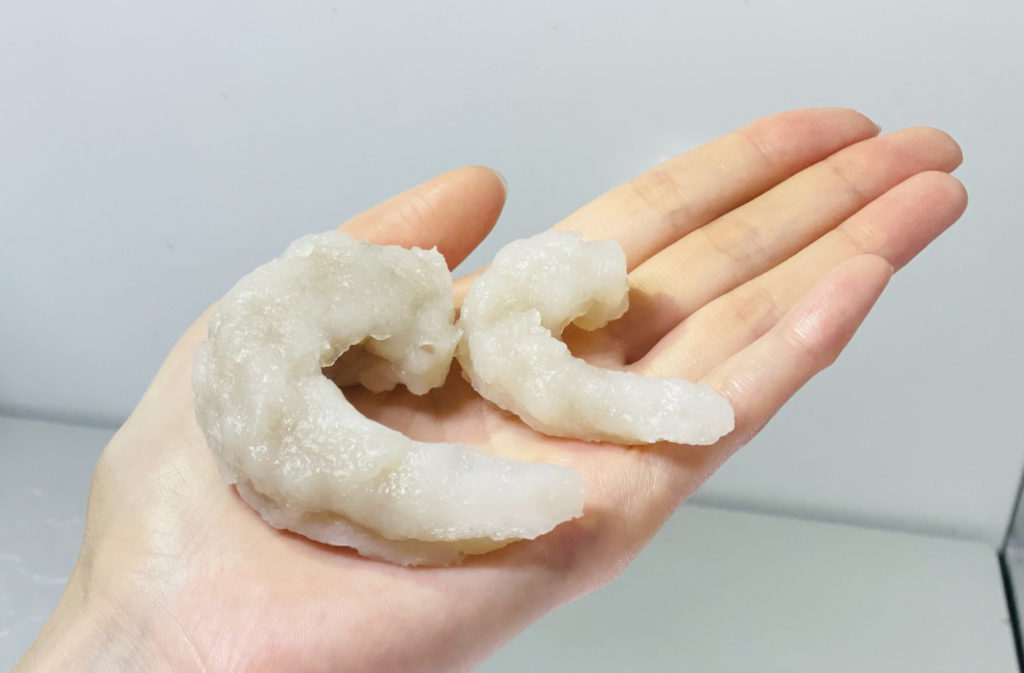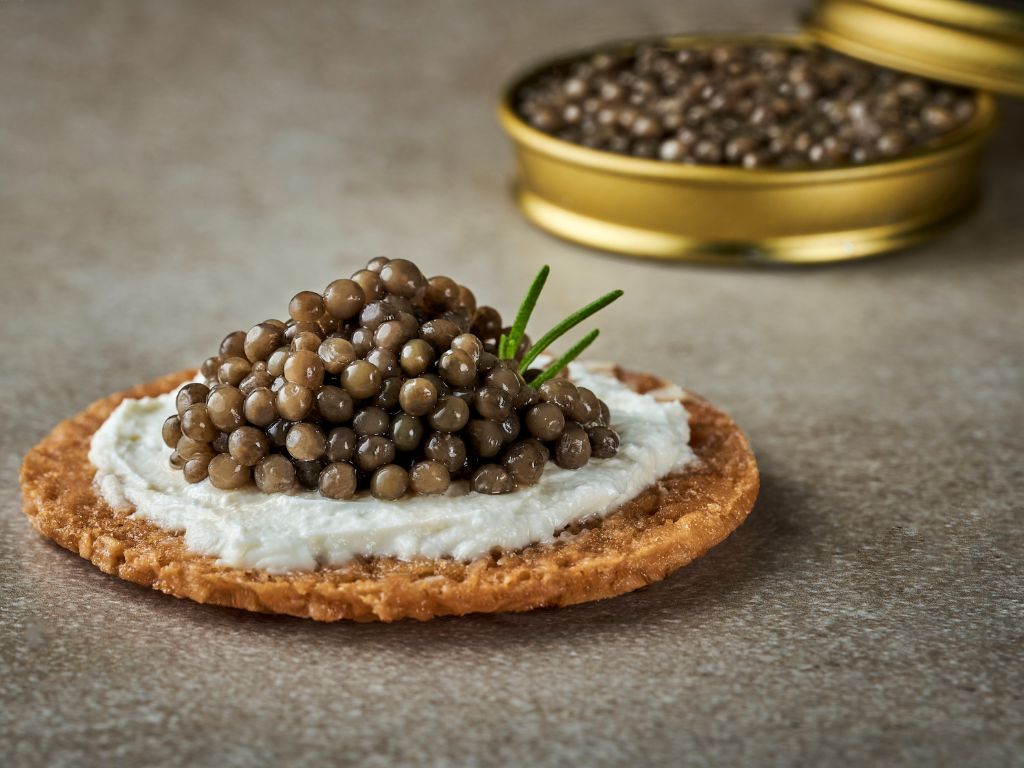2 Mins Read
South Korean startup CellMEAT says it has successfully developed a prototype for cell-based caviar, an alternative to traditional caviar that is sourced from sturgeons.
CellMEAT’s cultivated prototype is based on Osetra caviar, one of the most popular varieties of the luxury food. The finished product comes in a variety of shapes and sizes, delivering a “less fishy” flavor and better texture than traditional caviar, according to the company.
Cultivated caviar
Caviar is a luxury ingredient with a dedicated following, but the process of harvesting caviar from sturgeons is controversial as it involves cruel practices, such as removing eggs from live sturgeons — a species under threat.

CellMEAT says its cell-based caviar offers a more ethical and sustainable alternative to traditional caviar without compromising on taste or texture.
CellMEAT’s cultivated caviar is also beneficial for the marine environment, which is threatened by pollution and overfishing. CellMEAT says its technology enables mass production of cell-based caviar, which can help reduce the impact of traditional caviar production on the environment.
Sturgeon sustainability
Sturgeons can live as long as 100 years and do not reproduce annually. Overfishing coupled with the slow reproductive cycles has led to crippling population declines in recent years.
In particular, the Beluga sturgeon found in the Caspian Sea, and a favorite for caviar, are listed as critically endangered as are other commercially important Caspian Sea species including Russian, Persian, Stellate, and Ship Sturgeon — all of which are main sources for wild caviar.
Marine life also face increasing threats from microplastic pollution and warming ocean temperatures as a result of climate change. Rising temperatures increase the risk of “irreversible loss of marine and coastal ecosystems,” according to the United Nations.

The UN Educational, Scientific and Cultural Organization’s latest estimates show that half of the world’s marine species may stand on the brink of extinction by 2100.
CellMEAT says it’s working on other seafood prototypes following its $8.1 million Series A funding round last spring. Last summer, the company announced that its cell-based Dokdo Shrimp was market-ready pending regulatory approval.




